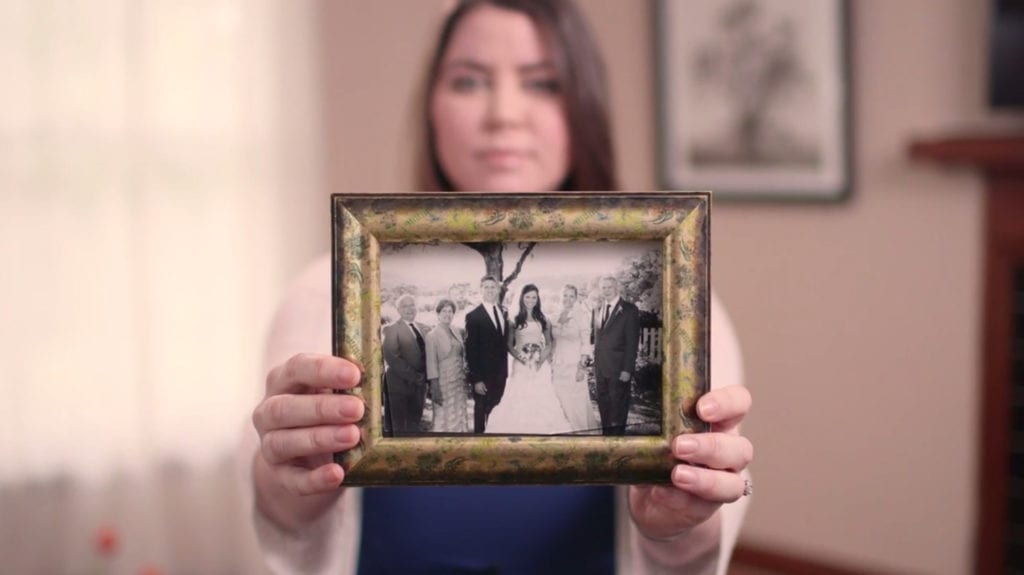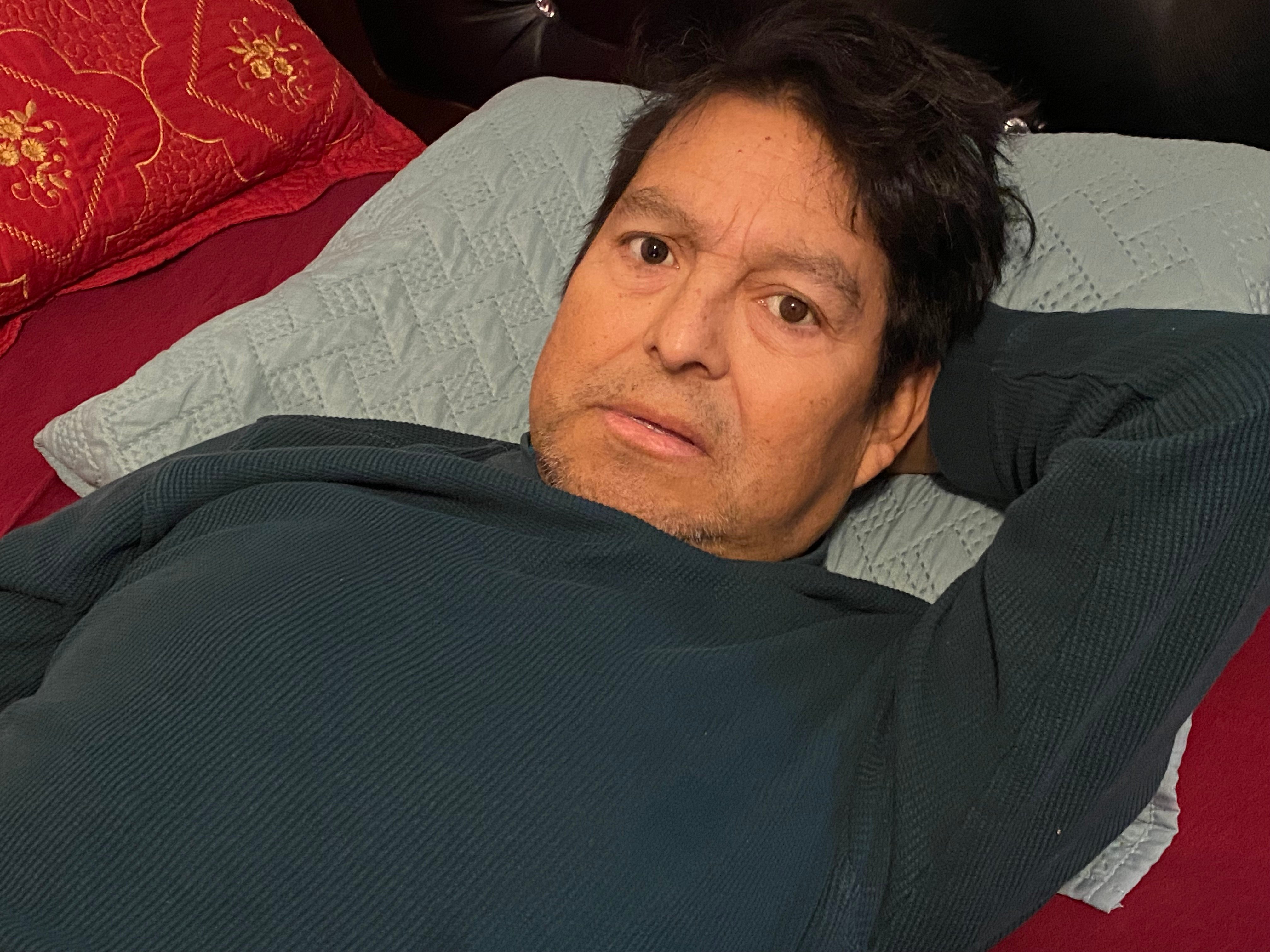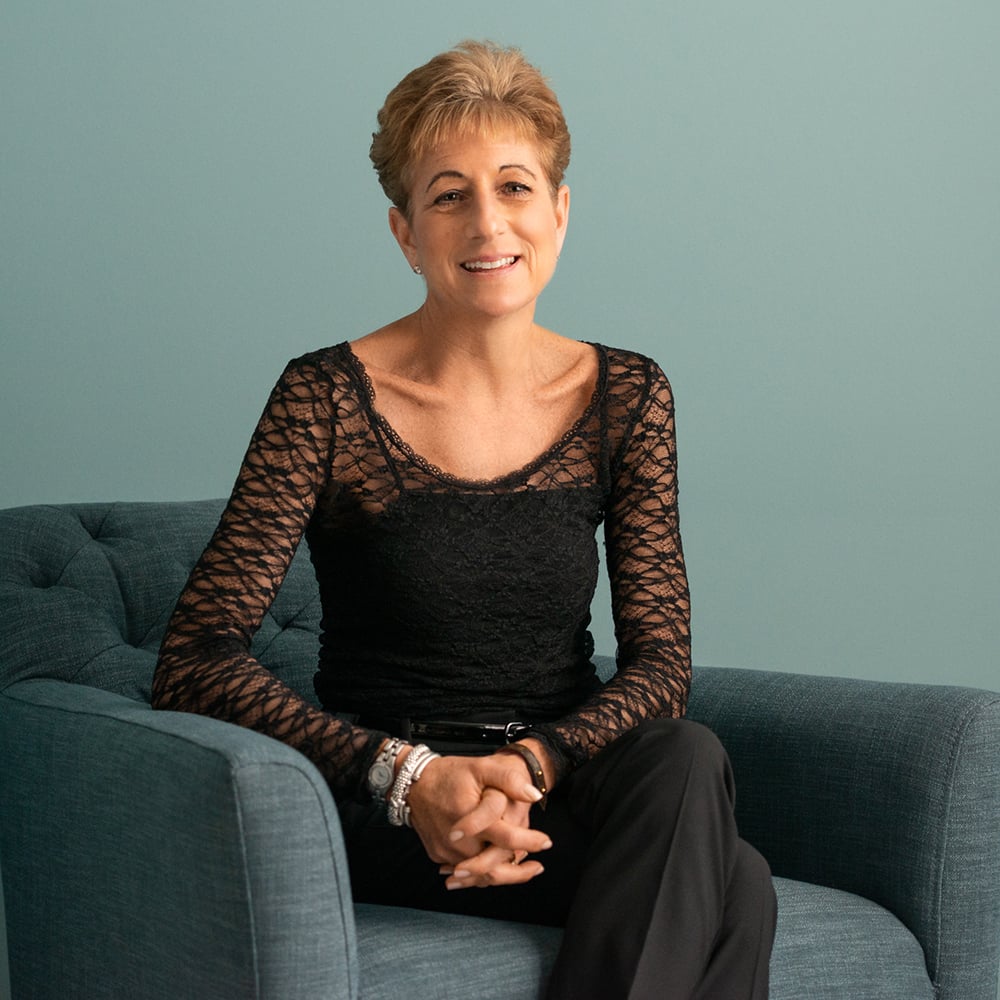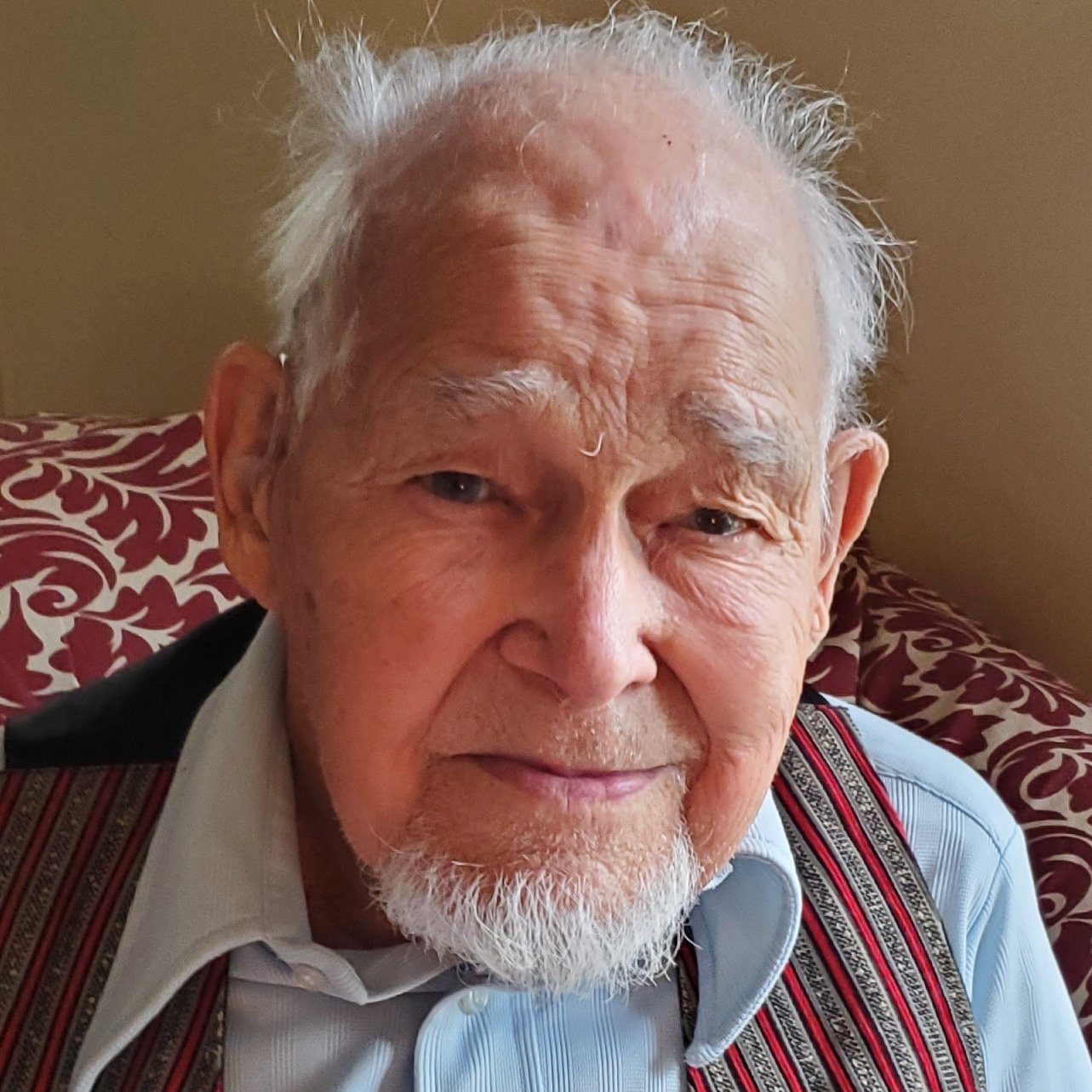After six years of debate on New York’s Medical Aid in Dying Act, terminally ill New Yorkers can’t wait any longer for state lawmakers to pass this bill.
Miguel Carrasquillo (1980-2016), a chef from Puerto Rico, died at age 35 from an aggressive form of brain cancer on June 5, 2016.
“Going to the hospital back and forward like I do… Every day we have to deal with different symptoms: headaches, back pains, electric shock all over your body, convulsions, seizures… I want to die with a medication.”
“I tell God that I need to go, right now… I want the option to choose how I want to die.”
Jay Kallio (1955-2016), a 9/11 first responder and hospice volunteer, died in pain from lung cancer.
“...If they [lawmakers] could save me from a death by torture and just give me death by peace and love and contentment, that would be such an incredible blessing in my life … even if I had the peace of knowing that other patients wouldn't have to go through this...”
“And now the best of all possible decisions is to let us go with peace and in our own time, and without trauma to ourselves, and our spirit, and our families.”
New York University professor Youssef Cohen (1947-2016) was forced to choose between dying a painful death or leaving the city he loved.
“The way things are shaping up, it would be a very painful difficult death. I would give up everything I love to have a decent death because for myself and for all the people that love me… ”
“I think of it as having no choice, you're going to die anyhow, and so it's choosing how you want to die and this seems to be a much more humane way of dying.”
ALS patient Sara Myers (1954-2016), who lived in New York City and Kent, Connecticut, diligently advocated for the passage of medical aid-in-dying legislation.
“I’ve always felt that one should have a choice at the end of their lives. That has not changed because I have an ALS diagnosis. What’s more important for a dying person than to have control at the end of their life?"”
A Philosopher, activist, and longtime professor of religion at Syracuse University, Jim Wiggins (1935-2017) advocated for medical aid in dying while facing several cancer diagnoses
“Not only have I taught religion, I also continue to participate in a Christian faith community. I do not believe that suffering is a value, nor do I believe that God intends for anyone to suffer.
“My wife and I want the option of medical aid in dying for the comfort and peace of mind that it will bring. Maybe we'll use it, maybe we won't — it will depend on our perspectives at that moment in our lives.”
Pioneering LGBTQ filmmaker Barbara Hammer (1939-2019) was a terminally-ill advocate in New York who worked to authorize medical aid in dying.
“...I get hospice now, but every day I suffer ... but it can't completely alleviate your pain … I don't want to keep suffering every night. I've gone as far as I can go... I just ask for the right to die. Please allow me the right to die.”
An attorney, Bernadette Hoppe (1965-2019) urged legislators to authorize medical aid in dying while facing terminal cancer.
“Death is going to be the inevitable end of this. You know we plan for births, even though it's going to happen when it's going to happen. So why can't we do that for this last piece of our lives?
“This is doing what I can with a horrible situation and just being able to have some peace… but knowing that I have another potential option.”
Fay Hoh Yin (1932-2020) lived with her daughter Monona Yin in Brooklyn while in treatment for lymphoma. She did not want to suffer needlessly at life's end and advocated for the option of medical aid in dying.
[embed]https://youtu.be/k1-YVz6-yAc[/embed]
“I support medical aid and dying because I think it will give so many terminal patients some sense of control when pain becomes unbearable.”
Internationally acclaimed surgeon and co-founder of Hospice Buffalo, Dr. Robert Milch (1943–2021) urged New York lawmakers to pass the Medical Aid in Dying Act for years before he was diagnosed with and died of terminal cancer.
[embed]https://youtu.be/wAQKg1Vcjnw[/embed]
“The notion of medical aid in dying is a natural extension of the choices, options, which patients should have a legitimate claim to in end-of-life care.”
“Legislative inaction now is punitive, and time is not an ally of the patient. We have all the data we need to reasonably bring aid and dying to fruition, certainly in New York State, where the polls have demonstrated overwhelming support from the lay public, a majority of physicians endorsing it. Legislators need not necessarily endorse it, but for goodness sake, don't prohibit it. And by not acting on it, that's exactly what you're doing.”






